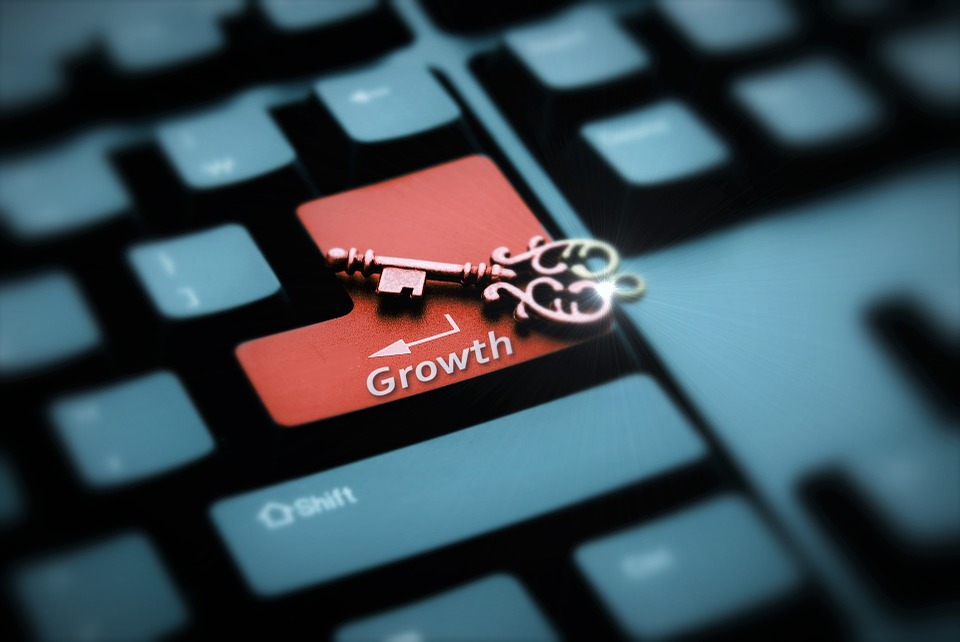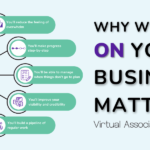
It is undeniable that COVID-19 has presented organisations with a critical need to pivot ways of working. While originally a perplexing challenge, the changes that we are seeing across industries include positive, progressive movement. Not just in ways of doing business, but how to do business – including a better understanding of workforces. Especially for younger generations (millennials and Gen Z) who are projected to make up three-quarters of the global workforce in the next five years.
Getting this latter point right and adjusting to the new ways of working are what will drive future growth of business. Some of the lasting changes that will be seen across industry include the following.
Remote working.
The flexibility offered with remote working has always been appealing, especially to younger generations. While remote working for some industries has been slow, it will now become the future, either full time or part time. The need for flexibility is becoming a critical factor for recruitment and retention of younger generations, which is why I encourage organisations to re-think policy and update process to adapt to this need.
Scaled workforce and wider talent.
While organisations have faced furlough, job cuts and restructure, the on-hand supply of labour is high. For organisations looking to scale the workforce up and down quickly to meet business demand the gig-economy offers a solution. Coupled with the offer of remote positions means attracting both larger and higher-quality candidates. Additional wins being shown are reduction in costs to do with admin and payroll obligations.
How to manage and build relationships, remotely.
Adjusting to not having an office, in person meetings, or colleagues to readily discuss ideas with has placed a lot of pressure on employees and management. One of the big areas that leaders and managers having been trying to understand, is how to manage teams remotely. This also includes how to build relationships through computer screens
Simple steps that I am seeing are effective include developing a plan, providing direction, offering more feedback. Sure, it might sound like a lot of work, but investing in ensuring teams are supported with structure, is what will keep them performing.
The need for support.
There is a lot of research showing that millennials are Gen Z are struggling the most with feelings of loneliness and anxiety due to covid-19. While viewed as a “personal problem” to some, the reality is, these issues are showing up in workplace. Attitude, engagement, attendance, performance are all areas at risk unless the right strategies and support are in place that focuses on supporting the younger workforce. Organisations will need to be to investing in mental health and diversity and inclusion initiatives to adequately support.
Ways of doing business have changed. What the pandemic has presented is an opportunity for organisations to pivot ways of working. The trends being seen will continue to offer better, more efficient, and more cohesive way of working, both within and across industries.
By Jacqueline Cripps
 Author bio
Author bio
Jacqueline is an author, speaker, and consultant. As a ‘millennial translator’ she educates business owners, C-Level executives, and HR executives on the millennial generation, so workplaces can flourish. Jacqueline has presented keynotes across Australia, Europe and the UK, appeared on numerous podcast and YouTube interviews and published articles in Australian, Chinese and UK publications. https://www.jacquelinecripps.com/







